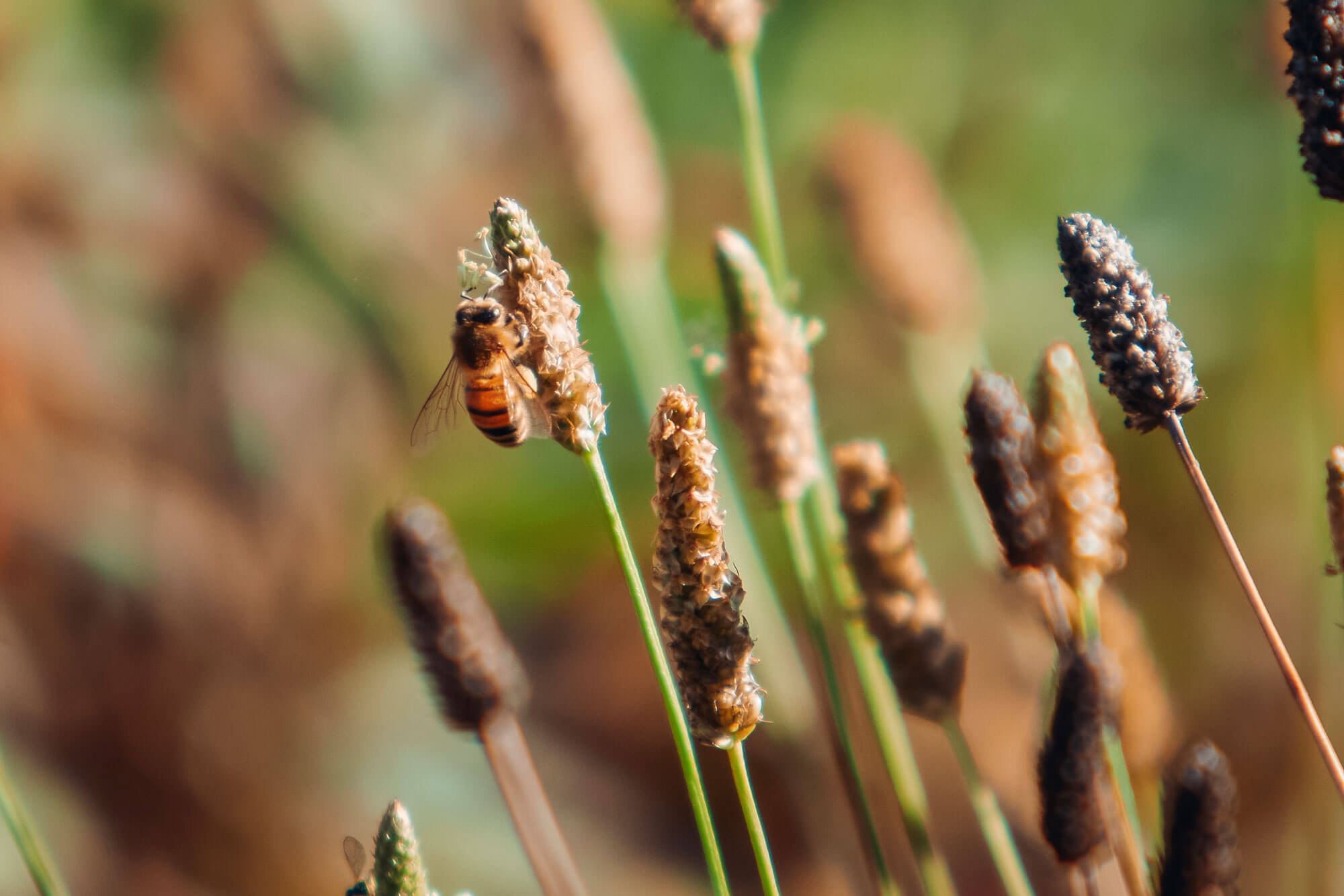What is the difference between "Organic Wine" and wine "Made with Organic Grapes"?
The grapes we grow that go into wines we label as “made with organic grapes” are held to the same standards as grapes used to make “organic wines”. The only difference between the two categories is a decision to add a small amount of sulfur at the final stage of wine fermentation. Sulfur is a naturally occurring compound that ends fermentation, this ensures the wine does not continue to ferment after it is bottled.
Our Pinot Gris wine is “made with organic grapes”, which means that USDA regulations allow us to use a small amount of sulfur to stabilize the wine just before it is bottled, ensuring a consistent, high-quality product every time. The sulfur we choose to add to our wines regularly falls below the regulated amount while preserving the wine’s bright, fresh profile—qualities especially prized in a refreshing white wine.
Regulations for “organic wine” do not permit use of any added sulfur. Because organic wine has no added sulfur/sulfites, it is often less consistent in taste and flavor and it ages poorly.
Are there sulfites in Bonterra Pinot Gris wine?
Our winemakers have made the decision to use a limited amount of sulfites in our wines to ensure that the wine you open is the same quality as it was when we bottled it, so we label our wines as ‘made with organic grapes.’
The USDA’s “made with organic grapes” certification allows a maximum of 100ppm of sulfites in wines made with organic grapes – that’s less than 1/3 of the amount of sulfites conventional wines are allowed. The average total sulfites for Bonterra wines are between 70 to 90ppm.
The “organic wine” regulations do not permit use of any added sulfur. Because organic wine has no added sulfur/sulfites, it is often less consistent in taste and flavor and it ages poorly.
We recommend that you contact your physician regarding specific health concerns.
Do organic wines contain sulfur?
Yes, virtually every wine contains sulfur, including organic wines. Sulfur occurs naturally during winemaking as a by-product of fermentation.
Sulfur is used in winemaking to stop fermentation, so the wine does not continue to ferment once it is bottled. Our wine is “made with organic grapes”, which means that USDA regulations allow us to use a small amount of sulfur to stabilize the wine just before it is bottled. The sulfur we choose to add to our wines regularly falls below the regulated amount.
Does Bonterra Pinot Gris contain glyphosate?
We actively avoid glyphosate. It is not used in our estate vineyards, nor in partner vineyards we source from.
What does “low sulfites” mean for Bonterra Pinot Gris?
“Low sulfites" indicates that Bonterra Pinot Gris contains significantly fewer sulfites than most conventional wines, often falling between 70-90 ppm. This lower sulfite level preserves the wine’s natural flavors while also reducing potential sensitivities associated with higher sulfite levels in some wines.
How does Bonterra ensure its wines are environmentally friendly?
Bonterra is committed to environmentally friendly winemaking practices. The winery follows organic farming methods and uses minimal sulfites, ensuring the wine is both eco-conscious and health-conscious. In addition, the winery actively avoids the use of glyphosate and other harmful chemicals in its vineyards.
What is the best way to serve Bonterra Pinot Gris 2024?
Bonterra Pinot Gris 2024 is best served chilled between 45-50°F. This crisp, refreshing wine pairs beautifully with light dishes such as salads, seafood, or goat cheese. It also shines when enjoyed on its own as a delightful aperitif.







